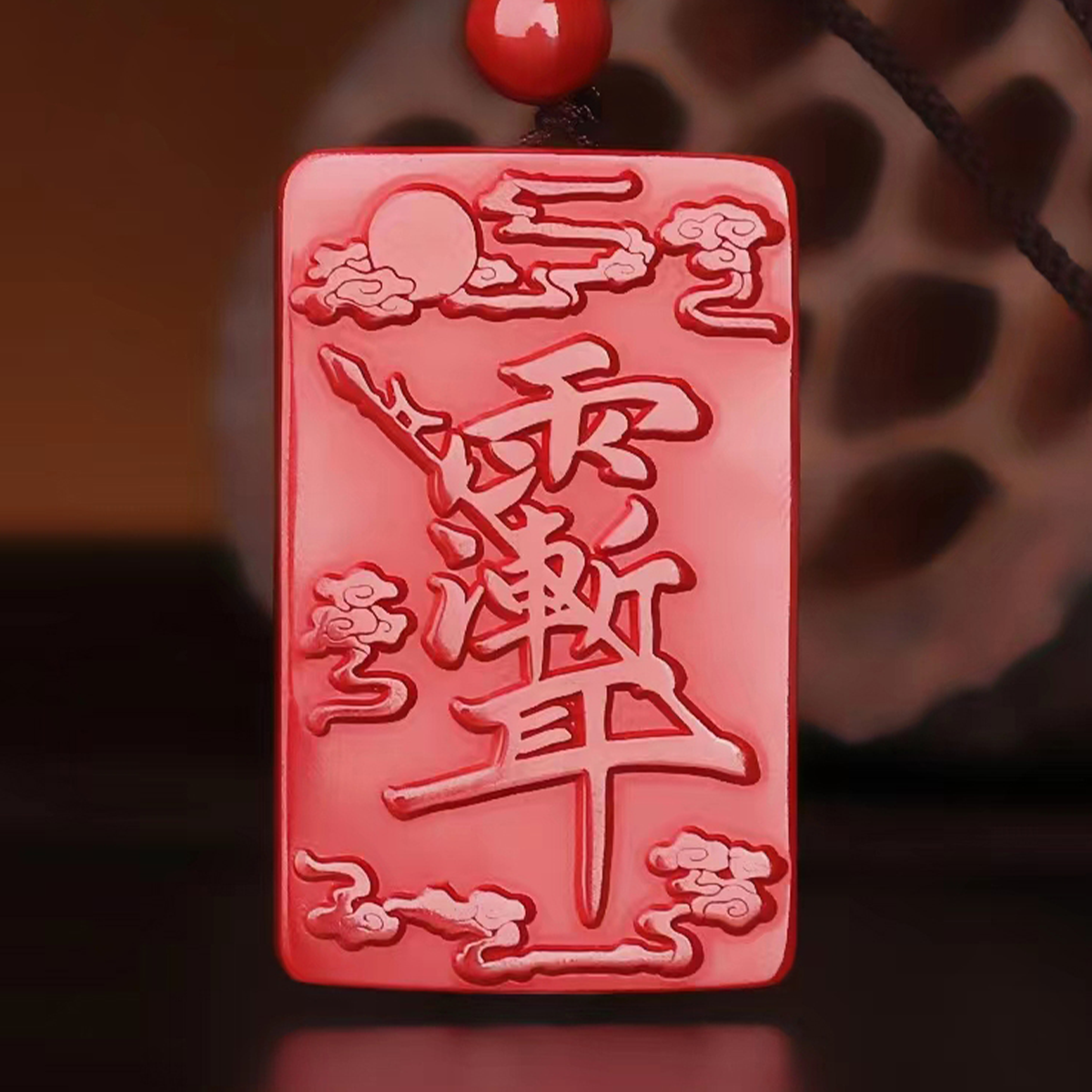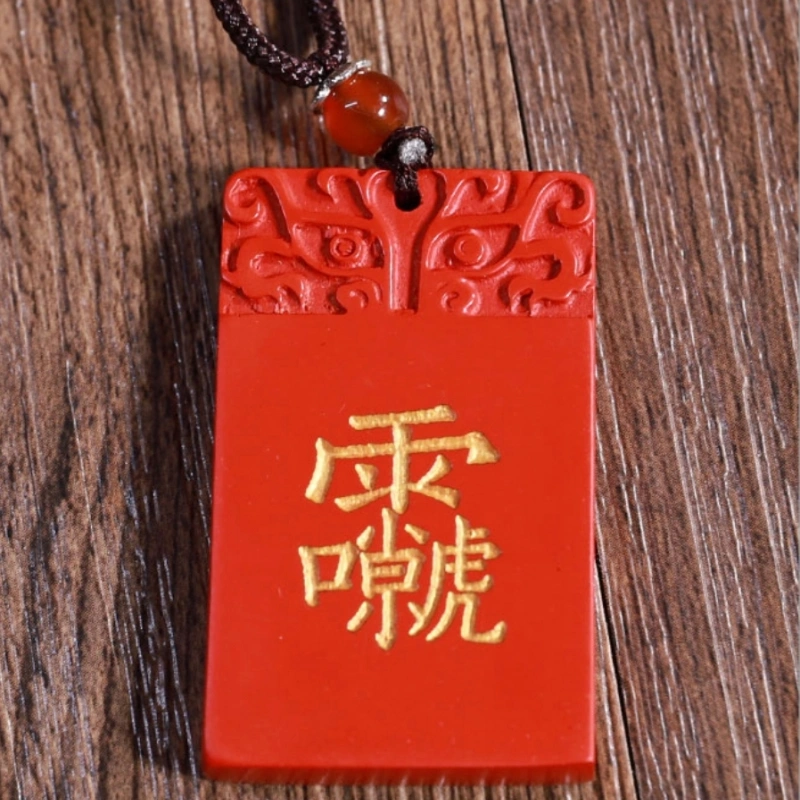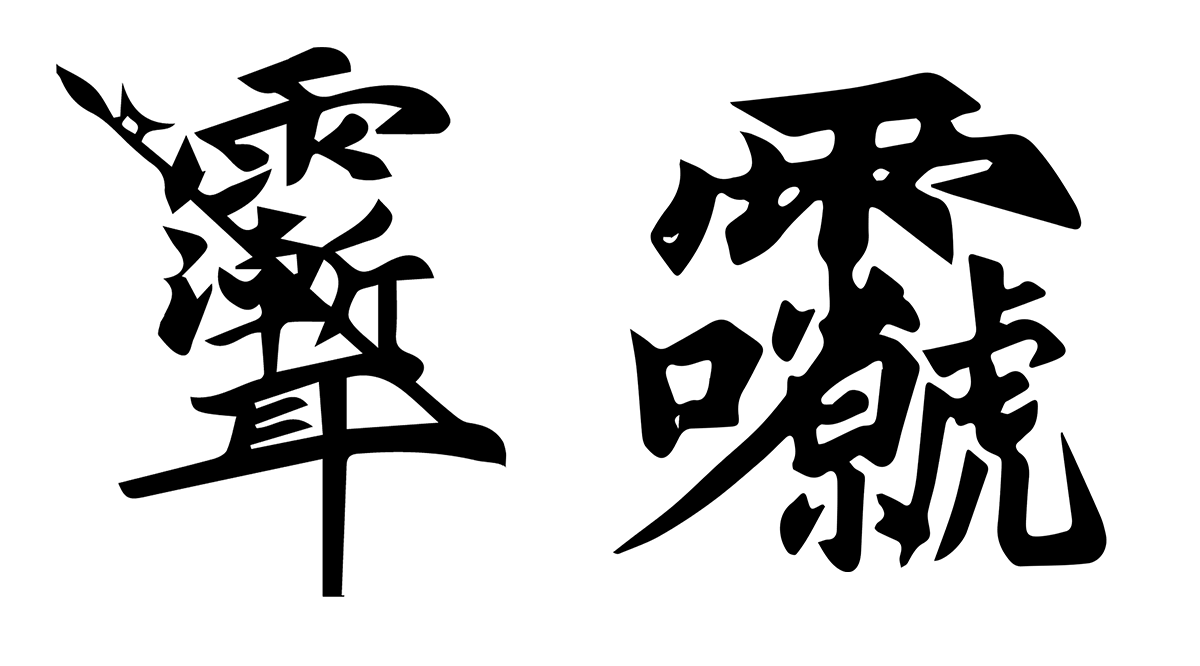These Taoist Secret Taboos Might Help You Attract Good Fortune and Ward Off Misfortune!
What Are Secret Taboos?
Secret Taboos are special symbols used in Taoism to represent the honored names of deities. They usually have no fixed pronunciation and feature unique writing forms, embodying respect and avoidance of direct address. Many begin with the “rain” radical (雨), symbolizing celestial phenomena and sacred origins.

Seven Key Functions:
-
Divine Codes: Replace direct naming of gods, expressing piety and reverence.
-
Ritual Invocation: Masters write them to communicate with gods and establish covenants.
-
Talisman Core: Embedded in talismans to confer divine power, command spirits, and suppress evil.
-
Instrument Inscriptions: Engraved on tools like Tian Peng Rulers and Thunder Command Tablets to enhance spiritual authority.
-
Protection & Exorcism: Worn or visualized to ward off misfortune and calm the soul.
-
Divine Signature: Writing a god’s taboo is equivalent to the god’s presence, with exceptional efficacy.
-
Foundational Spellcraft: For example, the Zi Wei Taboo is widely used in exorcism, subduing demons, calming fright, etc.

Common Examples:
-
Zi Wei Taboo:
Corresponds to the “Great Emperor of the North Star,” composed of three characters (“雨漸耳”) with 28 strokes matching the 28 constellations. Used for exorcism, suppressing evil, and destroying negative shrines. Often serves as the “head” of talismans. -
Thunder Ancestor Taboo:
Refers to “Heavenly Venerable of the Nine Heavens Responding to the Origin with Universal Transformation Through Thunderous Sound (九天应元雷声普化天尊),” the supreme deity of thunder, capable of dispelling disasters and invoking blessings. Known as the “Ten-Word Heavenly Scripture,” it holds immense power.

Note on Usage:
Writing and using these taboos require oral transmission from a master. They must be approached with sincerity and reverence to receive their protection.

